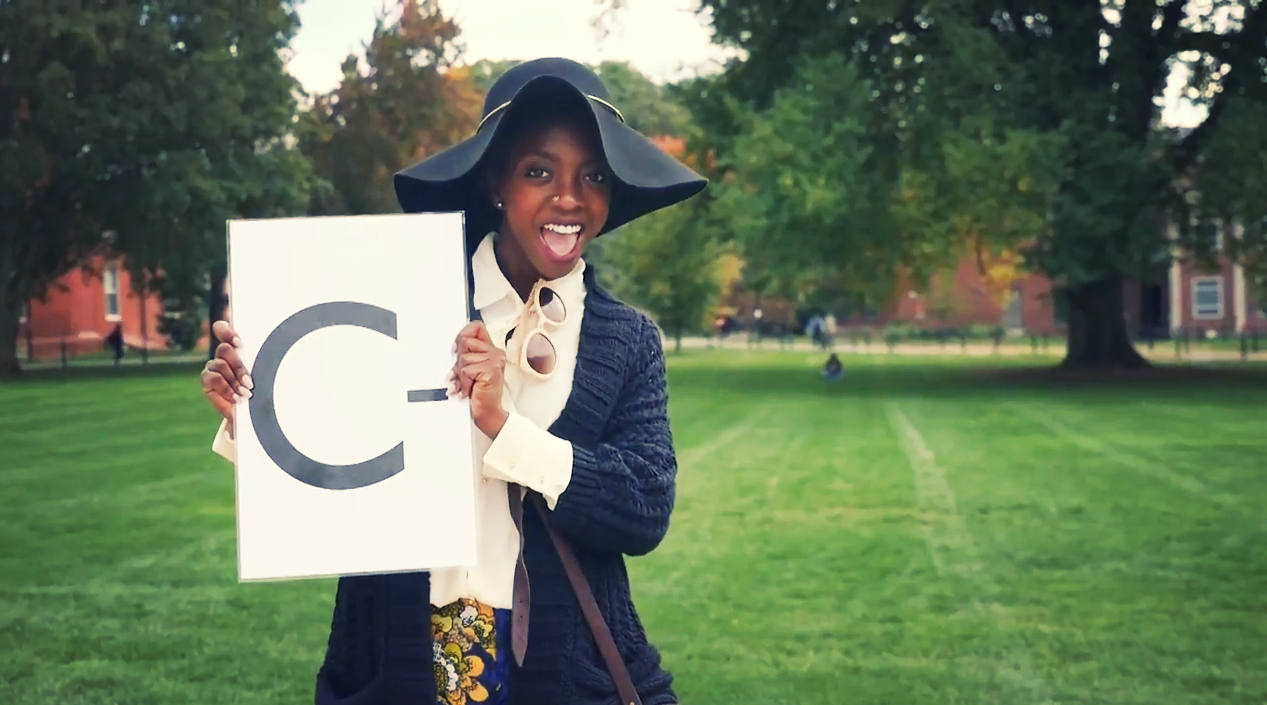Last year, as part of a new initiative at Smith College, a private women’s liberal arts college, students and professors were faced with a large screen that projected the worst failures of their peers.
The project called “Failing Well” aims to “destigmatize failure.” With workshops and discussions on perfectionism, campaigns to remind students that their peers also fail once in a while. That everyone struggles.
A new piece by Jessica Bennet for the New York Times describes how some universities are aiming to help students to cope with failure.
“What we’re trying to teach is that failure is not a bug of learning, it’s the feature,” said Rachel Simmons, a leadership development specialist in Smith’s Wurtele Center for Work and Life to the New York Times. “It’s not something that should be locked out of the learning experience. For many of our students — those who have had to be almost perfect to get accepted into a school like Smith — failure can be an unfamiliar experience. So when it happens, it can be crippling.”
When students enroll in the program they receive a certificate of failure that reads: “You are hereby authorized to screw up, bomb or fail at one or more relationships, hookups, friendships, texts, exams, extracurriculars or any other choices associated with college … and still be a totally worthy, utterly excellent human.”
While the idea of failure has become a badge of honor in the start-up world, students still seem unable to cope with basic setbacks that come with college life, writes Bennet.
Faculty at Stanford and Harvard coined the term “failure deprived” almost a decade ago, to describe student’s behaviour towards failure. They reported that students seemed unable to cope with simple struggles.
In 2010 after a wave of student suicides, Cornell University took action helping students learn life skills. Almost at the same time, Stanford started an initiative called the Resilience Project.
Similar programs have proliferated since then, reports Bennet. The Success-Failure Project at Harvard, features stories of rejection; the Princeton Perspective Project, encourages conversation about setbacks and struggles; Penn Faces at the University of Pennsylvania, is a resilience project that “features stories of successes and failures, ups and downs, hardships and self-discoveries.”
The University of Texas, Austin built a free iPhone app called Thrive, that helps students “manage the ups and downs of campus life” through short videos and inspirational quotes. In a similar initiative, Davidson College created a failure fund, a grant competition that awards Davidson students with between $150-1000 to pursue a creative or innovative idea and encourage students to learn from their mistakes.
More and more universities are engaging in programs that involve talking about what it means to fail, writes Bennet.
“Especially now, with the current economy, students need tools to pivot between jobs, between careers, to work on short-term projects, to be self-employed. These are crucial life skills,” said Rachel Simmons, author self-esteem books for girls.
Not all the pressure behind students always comes from the academic life. Many of them fear about the economy while others feel extra pressure to succeed because they are first-generation and low-income students.
On the other hand, in the times we are living it, we have a culture that glorifies being busy and stressed. “There’s this idea that I’m not worthy if I’m not stressed and overwhelmed,” said Stacey Steinbach, a residential life coordinator at Smith College. “And in some sense to not be stressed is a failing.”
To read the full story, “On Campus, Failure Is on the Syllabus”, visit the New York Times website.
This article from Observatory of the Institute for the Future of Education may be shared under the terms of the license CC BY-NC-SA 4.0 
)
)


)